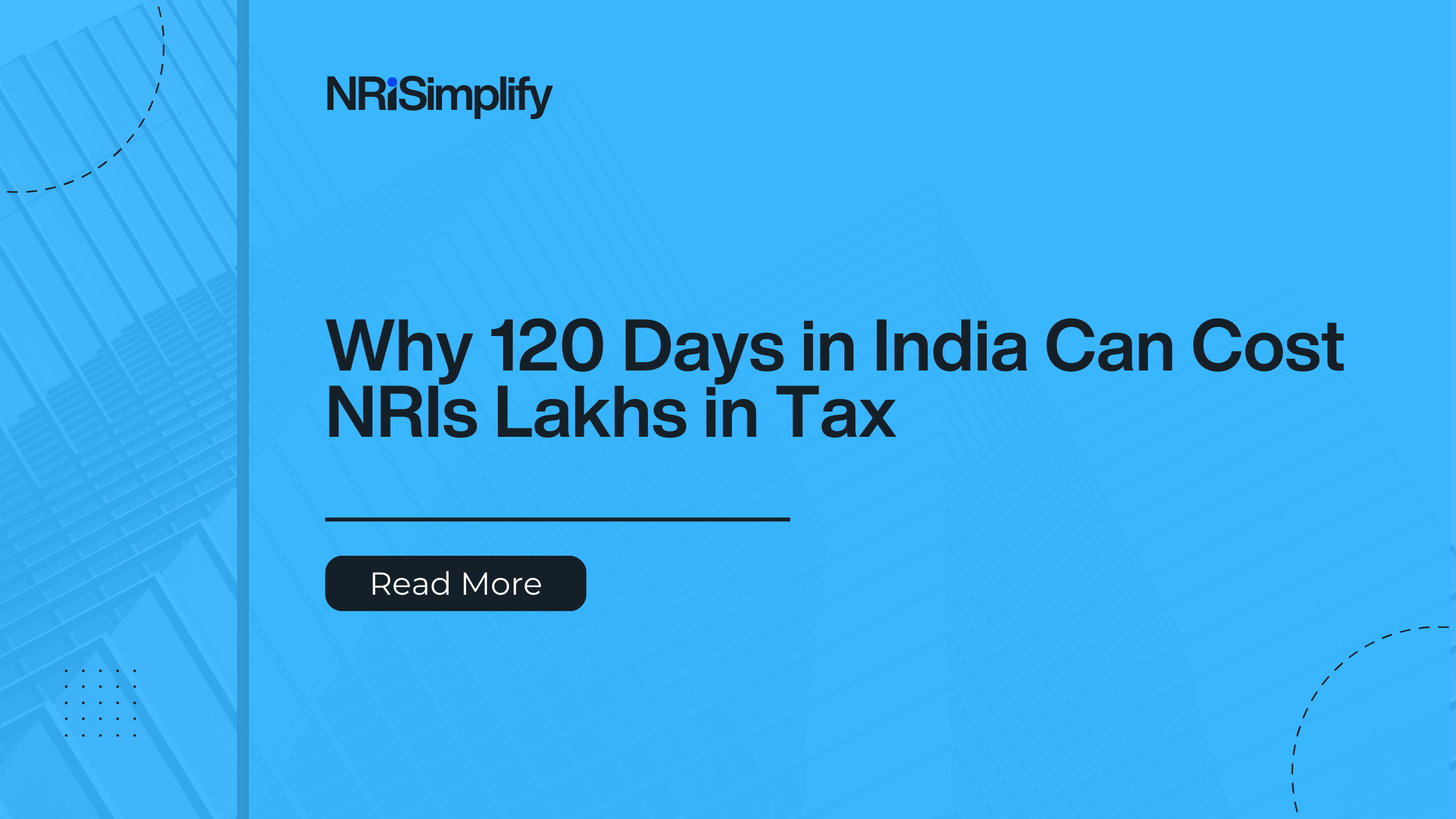Selling a property in Mumbai as a Non-Resident Indian (NRI) in 2025 involves multiple legal, tax, and compliance steps. With evolving tax laws and digital documentation, it’s important to stay updated on current TDS rates, repatriation norms, and registration procedures to ensure a smooth, lawful sale process.
1. Understanding Ownership and Sale Eligibility
NRIs can sell both residential and commercial properties in India, provided they were acquired legally. However, agricultural land, plantations, and farmhouses can only be sold to resident Indian citizens. Before initiating the sale, confirm that the title is clear, taxes are paid, and no legal disputes exist. Keep all relevant documents ready sale deed, tax receipts, and society NOCs.
2. Registration Process in Mumbai
The registration process for NRIs largely mirrors that for resident Indians but includes additional verification and Power of Attorney (PoA) requirements.
Steps to Follow:
– Draft the Sale Agreement with details like price, possession date, and payment mode.
– If you are overseas, issue a Power of Attorney to a trusted representative. It must be attested by the Indian Embassy and adjudicated at the Mumbai Sub-Registrar’s Office within three months.
– Pay the applicable stamp duty (5–6%) and registration fee (1%) on the property’s value.
– Visit the sub-registrar’s office (or authorize via PoA) for final registration. Carry identity proof, PAN, photographs, and receipts.
—
3. TDS and Capital Gains Taxation (As per Finance Act, 2025)
When an NRI sells property in India, the buyer must deduct TDS before making the payment under Section 195 of the Income Tax Act.
Updated TDS Rates (September 2025):
– Long-Term Capital Gains (property held for 2+ years): 12.5% (for property purchased after 23 July 2024) or 20% with indexation (for older properties), plus applicable surcharge and cess.
– Short-Term Capital Gains (held less than 2 years): Taxed as per the NRI’s income slab rate, typically 30% + surcharge + cess.
Additional Points:
– The buyer must have a TAN to deposit the deducted TDS.
– Payment is made via Form 26QB, and the NRI receives Form 16A as proof.
– NRIs expecting lower gains can apply for a Lower/Nil TDS Certificate (Form 13) from the Income Tax Department to avoid over-deduction.
4. Capital Gains Calculation and Exemptions
Capital gain = Sale value – Indexed cost of acquisition (adjusted for inflation).
Example: If you purchased a flat in 2012 for ₹80 lakh and sell it in 2025 for ₹2 crore, the indexed cost may be around ₹1.5 crore, resulting in a taxable long-term gain of ₹50 lakh.
You can reduce tax liability under:
Section 54: Reinvest in another residential property within two years.
Section 54EC: Invest in NHAI or REC bonds within six months of sale.
5. Repatriation of Sale Proceeds
After paying taxes, NRIs can transfer the proceeds abroad under RBI’s FEMA guidelines.
Repatriation Rules (as of 2025):
– Up to USD 1 million per financial year can be repatriated per individual.
– Sale proceeds must first be credited to your **NRO (Non-Resident Ordinary) account.**
– Required documents include:
– Form 15CA and 15CB(from a Chartered Accountant).
– Proof of TDS payment and sale deed.
– Bank statement showing credit of proceeds.
Ensure all taxes are paid before remitting funds to your NRE or foreign account.
—
6. Documentation Checklist for NRIs Selling Property
– Original sale and purchase deeds.
– PAN card (India) and Passport copies.
– Power of Attorney (if applicable).
– Society NOC and property tax receipts.
– TDS challans and Form 16A.
– Chartered Accountant’s capital gains computation certificate.
– Bank details for repatriation.
7. Professional Assistance
Due to the complexity of property and tax laws, NRIs are strongly advised to engage:
– A Chartered Accountant for tax compliance and repatriation certification.
– A Property Lawyer for verification and documentation.
– A Real Estate Consultant for market valuation and sale coordination.
8. Key Compliance Tips for 2025
– Always obtain a Lower Deduction Certificate before sale to avoid excess TDS.
– Ensure your PAN and bank accounts are active and linked.
– Avoid receiving payments in cash; insist on traceable transfers.
– Maintain a digital backup of all documents for tax filing and FEMA reporting.
Conclusion
Selling property in Mumbai as an NRI in 2025 is straightforward if you follow proper legal and tax procedures. With updated TDS rates, simplified repatriation, and online verification, the process is faster than before. Always work with trusted professionals to ensure compliance and smooth fund transfer helping you close the sale efficiently and repatriate your earnings legally.






